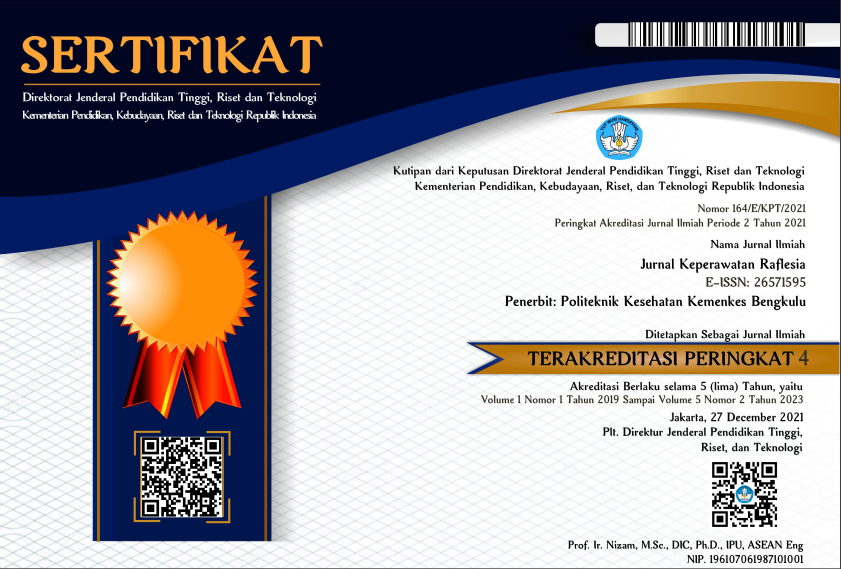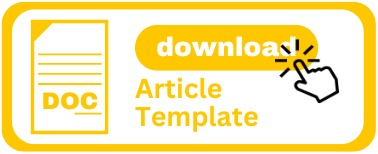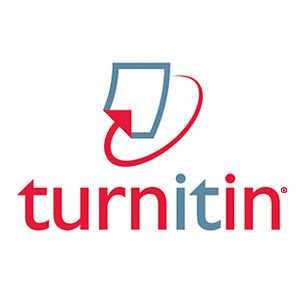Hubungan Tingkat Pendidikan Ibu dengan Penerapan Stimulasi Perkembangan pada Anak Usia Prasekolah
DOI:
https://doi.org/10.33088/jkr.v6i1.1141Keywords:
preschool age children, mother’s education level, developmental stimulationAbstract
Stimulation is an important factor in children's growth and development. Early intervention by providing stimulation can provide maximum results in children because interaction between children and parents can improve neural connections in the child's brain. This study aimed to analyze the relationship between a mother's education level and the application of child development stimulation. This study used a quantitative research design with a descriptive correlational method through a cross-sectional study approach on 242 respondents with the inclusion criteria of mothers who can read and write and pre-school children aged 48–72 months. The research instrument used in this study was the completion of a questionnaire on the mother's education history and child development stimulation guidelines by the Indonesian Ministry of Health (2014). The study was conducted in Bengkulu City in May 2022. The results of the chi-square analysis obtained p-value =0,002 (<0,05), which means there are is a significant relationship between the mother’s education level and the application of developmental stimulation to preschool children. Mothers who have higher education will be able to provide more rational responses in providing good stimulation to children and will also be more open to new things. Further research allows further study of other factors that influence the application of developmental stimulation in preschool children.Downloads
Published
2024-05-30
Issue
Section
Articles
License
Authors who publish with JURNAL KEPERAWATAN RAFLESIA agree to the following terms:
- Authors retain copyright and grant the Jurnal Keperawatan Raflesia right of first publication with the work simultaneously licensed under a Creative Commons Attribution License (CC BY-NC-SA 4.0) that allows others to share (copy and redistribute the material in any medium or format) and adapt (remix, transform, and build upon the material) the work for any purpose, even commercially with an acknowledgement of the work's authorship and initial publication in Jurnal Keperawatan Raflesia.
- Authors are able to enter into separate, additional contractual arrangements for the non-exclusive distribution of the journal's published version of the work (e.g., post it to an institutional repository or publish it in a book), with an acknowledgement of its initial publication in Jurnal Keperawatan Raflesia.
- Authors are permitted and encouraged to post their work online (e.g., in institutional repositories or on their website) prior to and during the submission process, as it can lead to productive exchanges, as well as earlier and greater citation of published work (See The Effect of Open Access).

















